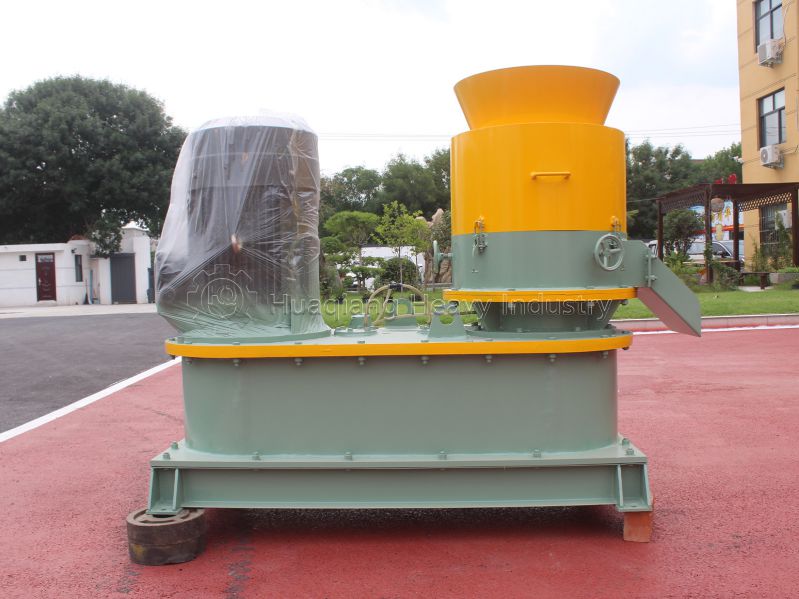Key parameters of flat die granulators and their impact on fertilizer pellet quality
In organic fertilizer production, flat die granulators have become essential equipment for processing fertilizer pellets due to their simple structure, double-sided usability, and strong material adaptability. However, producing high-quality fertilizer pellets relies on precise control of the machine’s core parameters.
- Die Hole Length-to-Diameter Ratio
This ratio (effective hole length and diameter) directly affects pellet hardness and density. A higher ratio increases particle hardness, density, and crushing resistance. However, excessive ratios raise energy consumption and jamming risks, while insufficient ratios reduce pellet density and quality. Practical production requires ratio adjustments based on raw materials, with 8-10 being ideal for organic fertilizers.
- Moisture Content
Optimal moisture for biomass organic fertilizer processing ranges between 10-14%. Low moisture causes poor material binding and fragile pellets, while excess moisture leads to pellet expansion and instability.
- Temperature Control
Friction between compression rollers and the flat die generates heat that softens organic components and activates binders. The ideal temperature range (70-80°C) facilitates protein denaturation and lignin softening, helping form stable pellet structures.
- Roller-Die Clearance
Excessive clearance (over 2mm) causes insufficient pressure for pellet formation, while insufficient clearance (under 0.5mm) risks equipment overload and blockage. The 0.5-2mm range balances compaction effectiveness with wear prevention, requiring adjustments for different materials.
- Rotation Speed
Standard operation of a flat die granulator requires a rotation speed of 250-350 rpm. Higher speeds shorten material retention time in die holes, resulting in rough surfaces and loose structures. Lower speeds reduce production efficiency.
By scientifically optimizing these parameters, flat die granulators can transform organic waste into standardized, high-quality fertilizer pellets, enabling efficient resource recycling and supporting modern eco-friendly agriculture.
